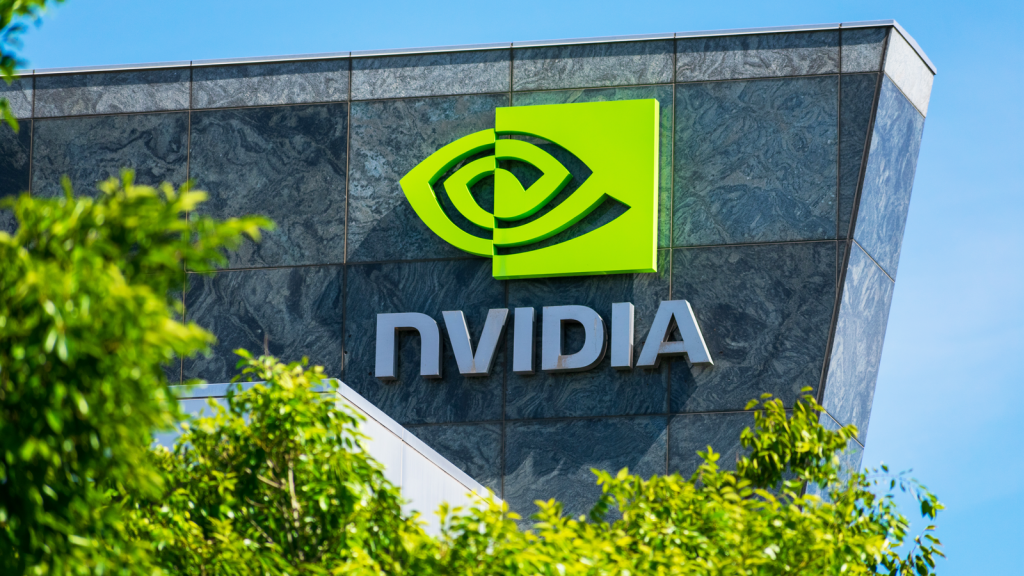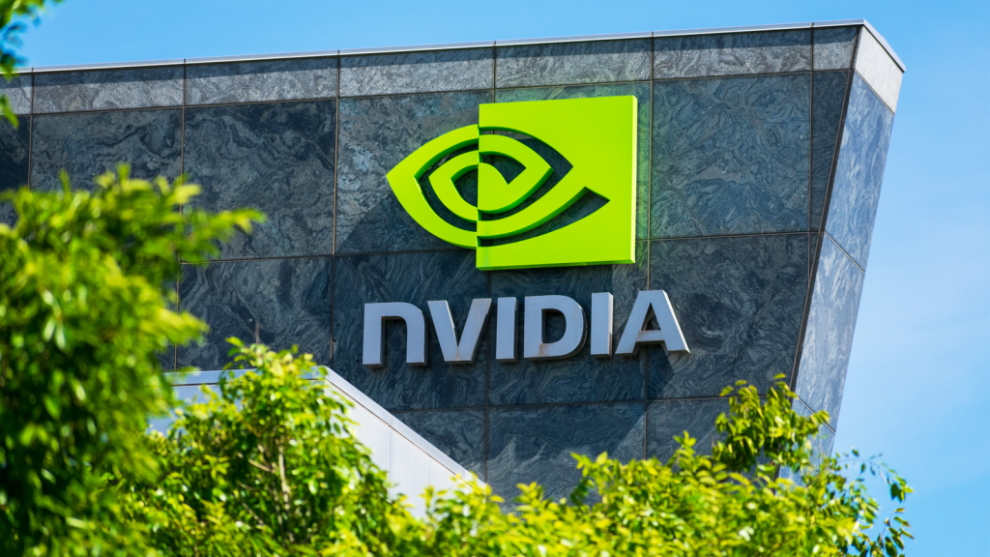
Despite some rough waters in the broader market, semiconductor giant Nvidia (NASDAQ:NVDA) continues to march along its upward trek. Notably, Stephen F. Lynch, who represents Massachusetts’ 8th congressional district, acquired NVDA stock for his retirement account. The move underscores the fact that the tech juggernaut — whose products drive artificial intelligence (AI) related functions is more than just a vehicle for speculation.
According to financial disclosure documents, the transaction occurred on May 22 and was reported the following day. The value of the acquisition ranges between $1,001 to $15,000. The transaction date is significant because Nvidia released its first-quarter earnings result on that day. To recap, it was a blockbuster print, with the company posting earnings of $6.12 per share on record quarterly revenue of $26 billion.
Another noteworthy fact was that Lynch acquired this stake in NVDA stock for his individual retirement account (IRA). Since the doldrums of 2022, speculators have piled into Nvidia shares for the underlying dominance in the AI arena. However, Lynch’s acquisition confirms that NVDA can also be a vehicle for retirement.
Pros and Cons of NVDA Stock for Retirement Savings
While NVDA stock isn’t the typical idea that pops into mind for retirement ideas, it offers powerful catalysts that can bolster portfolios. First and foremost, Nvidia is the dominant force behind AI-focused hardware. According to information compiled by Bloomberg, the generative AI ecosystem could be worth $1.3 trillion by 2032.
Further, Nvidia sells the necessary picks and shovels of the AI industry. It’s difficult in any circumstance to decipher which specific AI-focused enterprise or brand will win out its individual sector. However, all digital-intelligence-based protocols require advanced processors to function. With Nvidia commanding a dominant presence, acquiring NVDA stock over the long run makes sense.
On the other hand, there are also cons to consider. First, Nvidia offers only a minuscule dividend. It’s investing in its growth, which is arguably the smart thing to do. However, retirement stocks typically involve passive income.
Second, NVDA stock isn’t the only name in town for processing hardware. For example, while many enterprises acquire Nvidia chips for datacenter-related needs, tech juggernauts such as Microsoft (NASDAQ:MSFT), Alphabet (NASDAQ:GOOG, NASDAQ:GOOGL) and Meta Platforms (NASDAQ:META) have been developing their own advanced processors to reduce their dependency on Nvidia.
On the date of publication, Josh Enomoto did not have (either directly or indirectly) any positions in the securities mentioned in this article. The opinions expressed in this article are those of the writer, subject to the InvestorPlace.com Publishing Guidelines.






